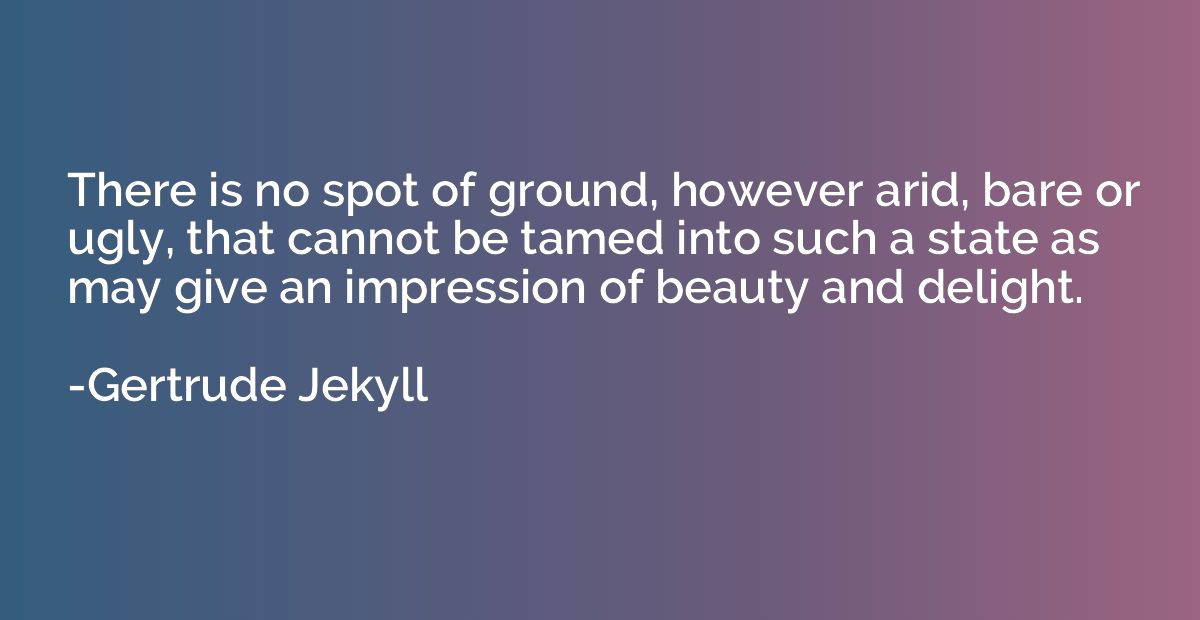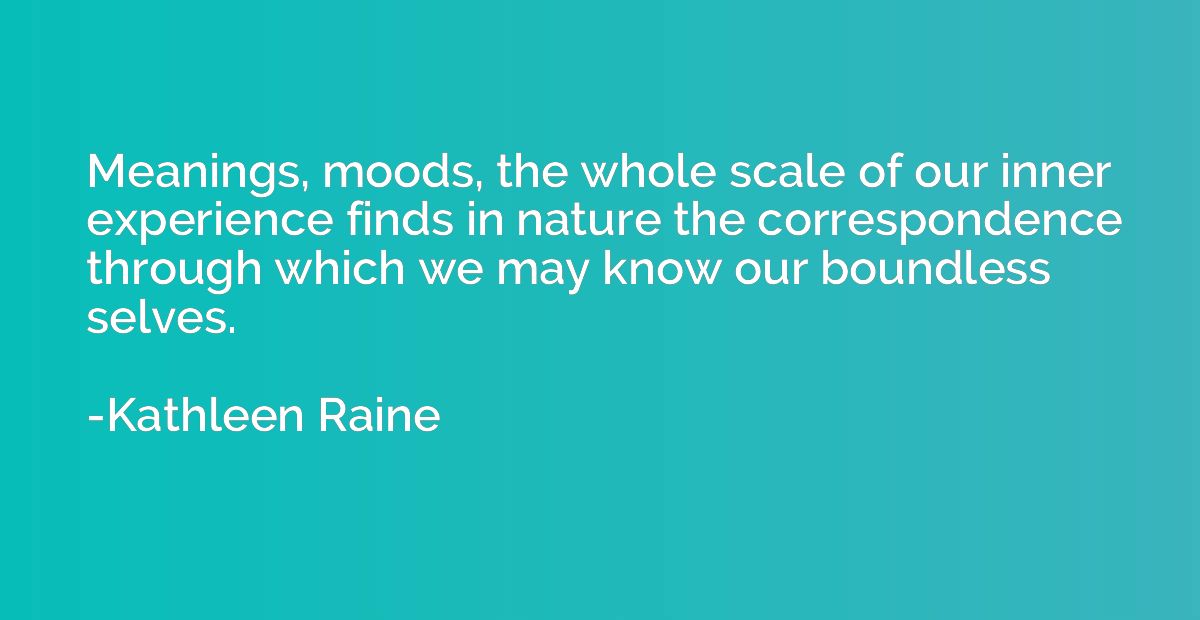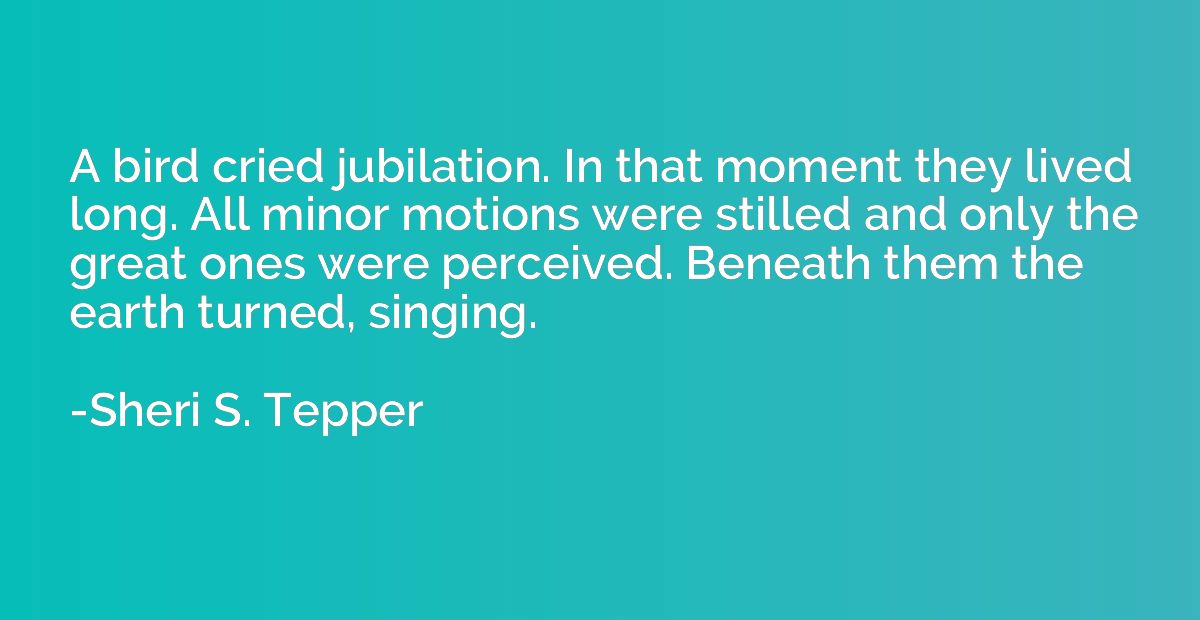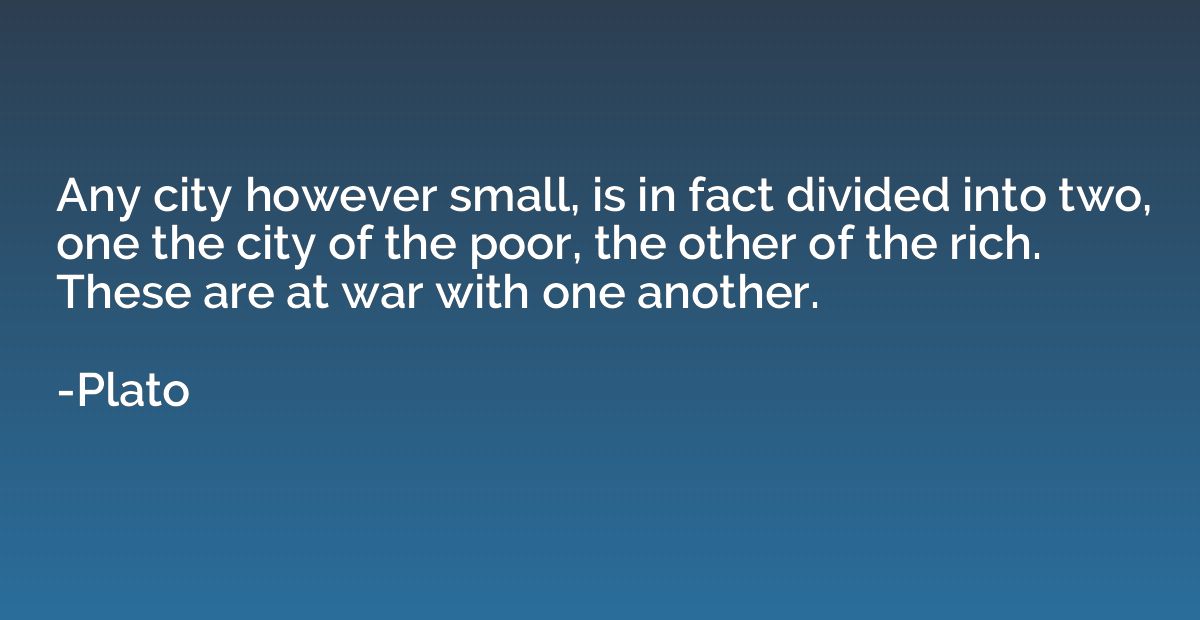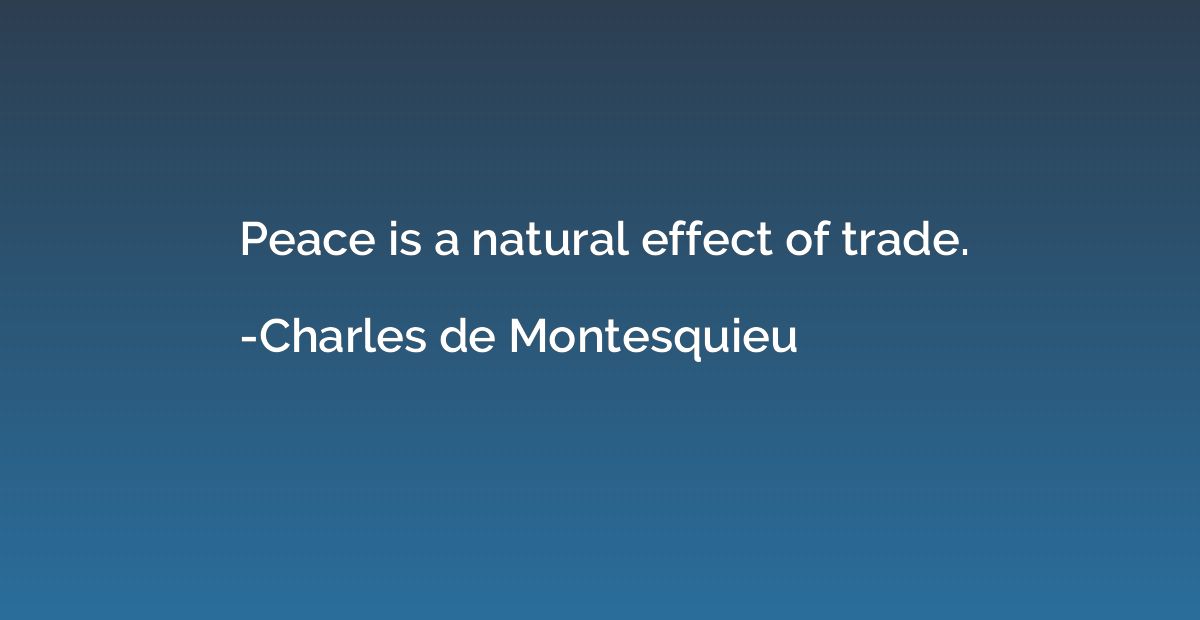Quote by Maggie Gallagher
Romantic lovers require from each other at least the facade of reason: We desire to be what romantic love makes us appear in the other's eyes. We want to imagine we are deserving of the love we inspire.
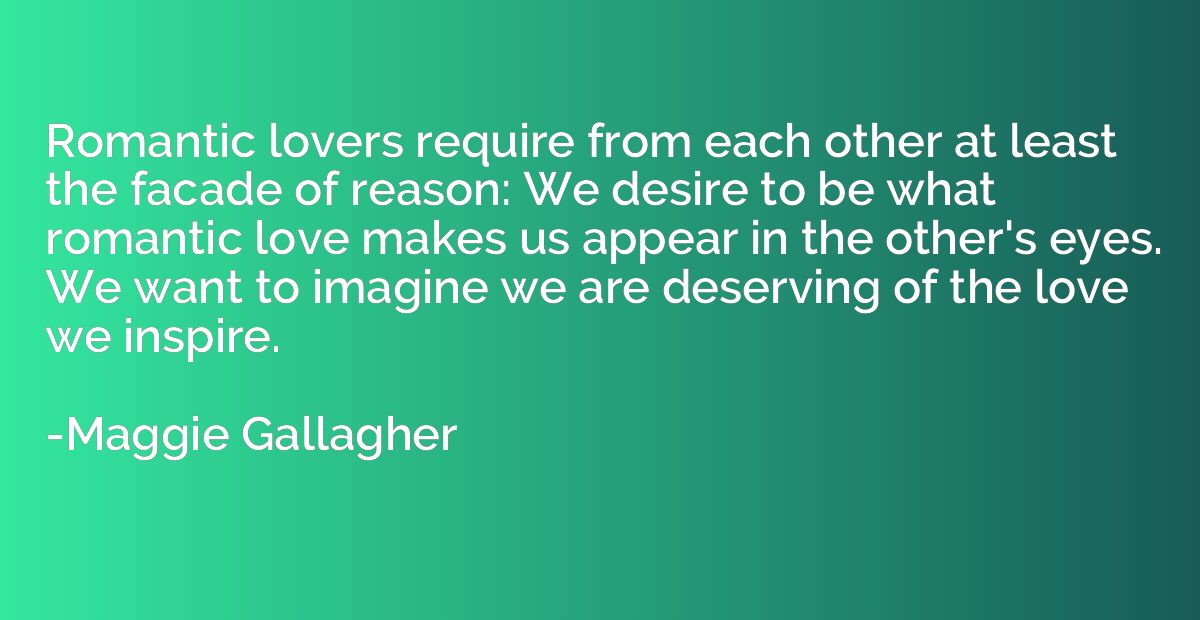
Summary
This quote highlights the importance of reason and perception in romantic relationships. It suggests that couples desire to be seen as rational beings by their partners. In romantic love, we yearn to be viewed as deserving of the love we evoke in the other person. This emphasizes the notion of self-worth and the desire to maintain a positive image in the eyes of our loved ones. Ultimately, this quote implies that even though love is often associated with emotions and passion, the perception of reason and deservingness also holds significance in romantic relationships.




